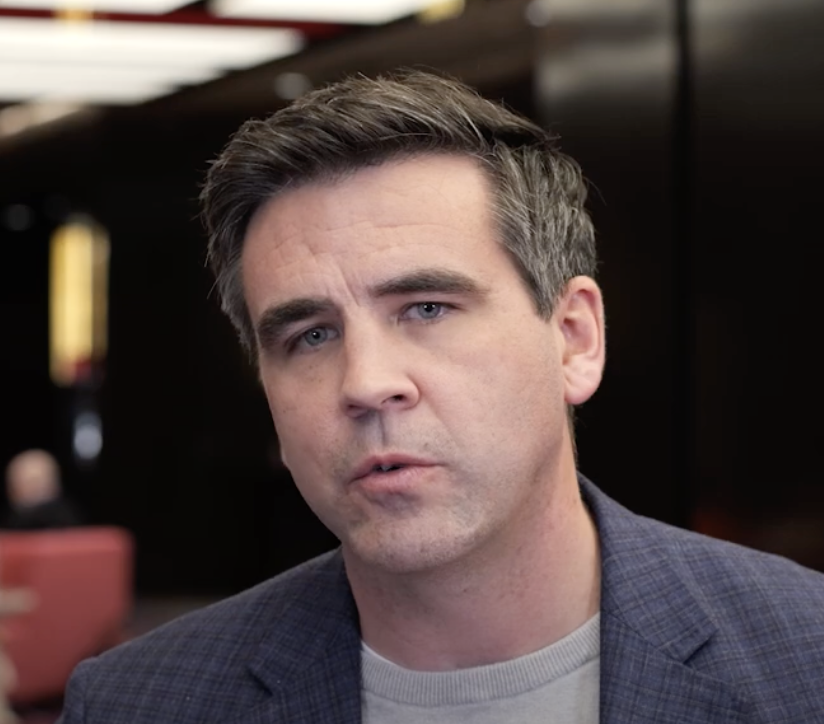For an industry that generates billions annually and operates much today as it did ten years ago with many of the same people as then, outside of the occasional article, little coverage of the domain name landscape occurs. Only when something sensational happens does the domain landscape pop up on the media radar. Fortune, for example, recently covered the domain name auction at the DomainFest Global, and as mentioned in the article, given some of the prices, you wouldn’t think we’ve entered a recession. Buyers there had no problems shelling out five and six figures for domains even when many who purchased them hadn’t the slightest idea what they would do with them. Apparently, lack of planning doesn’t stop millions of dollars from changing hands in a single afternoon. Had you attending the show in Los Angeles you could have had the chance to purchase domains such as Bookmarks.com, Photograph.com, and SoapOperas.com. While it might be too late now to acquire Porn.net which sold at the show for almost a million, attend the Las Vegas domain show T.R.A.F.F.I.C. (after you get over the admission sticker shock) and you can have the chance to bid on EscortServices.com or the more industry relevant CPC.com. It’s especially relevant in the domain space as per click ads have provided, despite the two to three times a year sensational piece on domain sales, the majority of revenues as well as providing a proxy for pricing in many cases.
All in all the domain space moves relatively slowly; a parked domain page such as that on romance.com looks not that dissimilar from how such undeveloped sites looked years ago. As premium names have long had owners, the past four to five years in the domain space has focused on acquisition and monetization, specifically in the long tail of names, where individuals and companies look for type-in traffic first and resell a distant second. And this long-tail revenue from parked domain traffic dwarfs all other activity. The problem naturally is that it’s hard to find a domain name that makes its money back and then some. For fun, do what we did and register 20 domain names that you think might get type in traffic. You’ll be lucky to find one, but then you might do what we did and end up getting an offer for one of our names that covered the little bit we used in the beginning. Either way, it shows you the difficulty in entering the domain space, especially as more names get taken daily. It really is a scarce resource where volume exists on the margin but it requires a way of sifting through the shale. Those close to the domain space received an inadvertent gift that has since become a hot bed, a means by which those with connections to a registrar could register a name and then return it within five days. Thanks to this, the connected and well healed domainers could grow massive portfolios with much less risk. But, that’s about to change.
As was the case with ringtones, Google made the first move. They stopped monetizing domains less than five days old. Without revenue information, it practically nullifies the value of holding on to a domain for five days. (Read more in DomainTools‘ blog on Google’s decision.) It’s not just the domainers that took advantage of the five day period. Network Solutions made quite a stir with an unannounced practice whereby they would effectively purchase a domain name that someone types in to check availability but doesn’t purchase themselves. For the next five days, if someone wants that name, they can only purchase it at Network Solutions. It’s pretty hard to spin that practice in any truly user added way, as it’s not like the users themselves were able to put it on hold. You or I could buy that name, just as long as we did it there. This is nothing illegal but it shows the desire of companies to try and make money out of the domain space. It’s the same motivation that has Verizon taking a cue from the very clever, very profitable but perhaps too early for its time Site Finder from Verisign. Verizon customers, at least in certain markets, when they type in a domain name that does not exist, they receive the equivalent of a parked domain page. They aren’t the only one in the traffic chain to try and capture a piece of revenue as OpenDNS, who sits one layer after the ISP. When they can, they will also show the equivalent of a parked domain page when a non-existent URL is entered, traffic that would have gone to the browser or a toolbar on the user’s computer.
Here is perhaps the biggest challenge facing the domain space. The "ugly pages", those like romance.com, make the most money of any scalable option. A site like romance.com could take the route that relocation.com did and build out an entire business; that path would earn them more money per domain, but it also means that they can’t own so many domains. It’s not just the visual issues, it’s user comprehension. The average user doesn’t truly understand what they are, and it’s unlikely that users would rate them as valuable. That’s a big problem, and certainly one of the reasons that Google decided to scale back on their involvement in the proliferation of type-in domain names. Not that their decision to no longer monetize those sites in the tasting window as ICANN will remove the window in July 2008 that allowed for it in the first place. This places the burden back on the companies to figure out the best combination of monetization and acquisition. It’s also a problem that now has serious money behind it to improve. The domain space has started to consolidate with parking leader Oversee.net acquiring leading domain after-market companies Snap.com and Moniker. The company also announced that it would soon close on a 9 figure round of financing. This comes as lower revenue but higher buzz domain play Demand Media, who has raised more than $300 million, announces some high profile deals such as the recent one with LiveStrong.com, including investment from friend of the company Lance Armstrong. Overall, we’re on the precipice of some of the largest advancements in the domain space, where either the ISPs will legitimize parking pages or the current leaders will make the move upscale. Either way, this wild west should start to see some order.
 Network
Network

